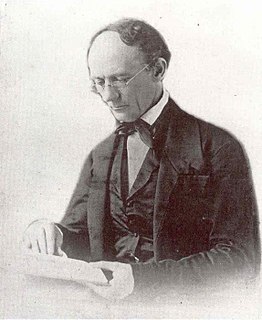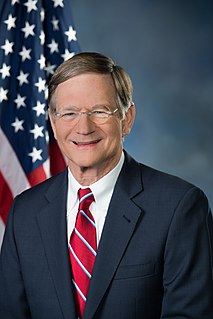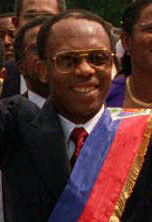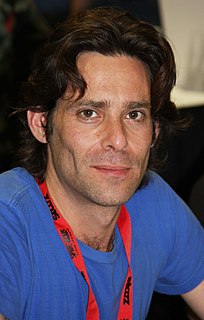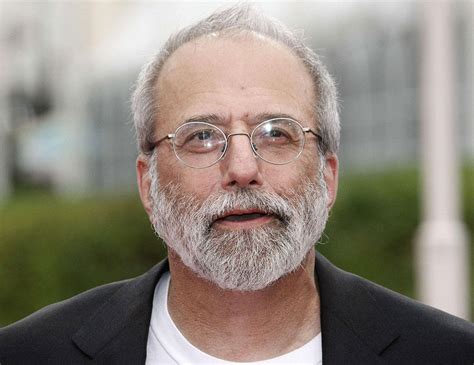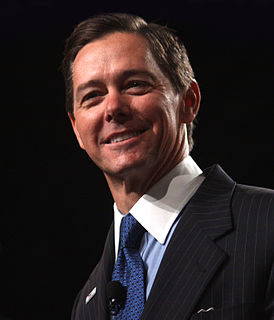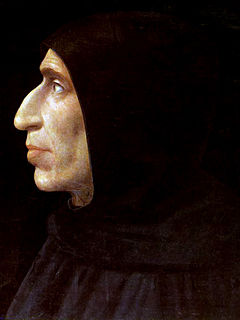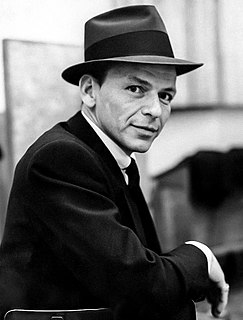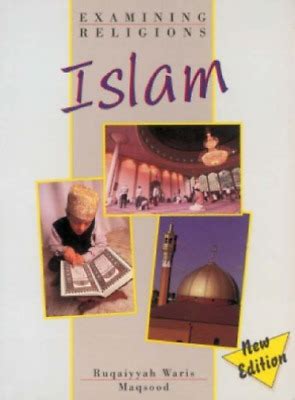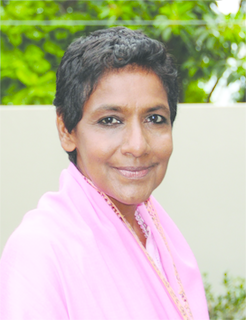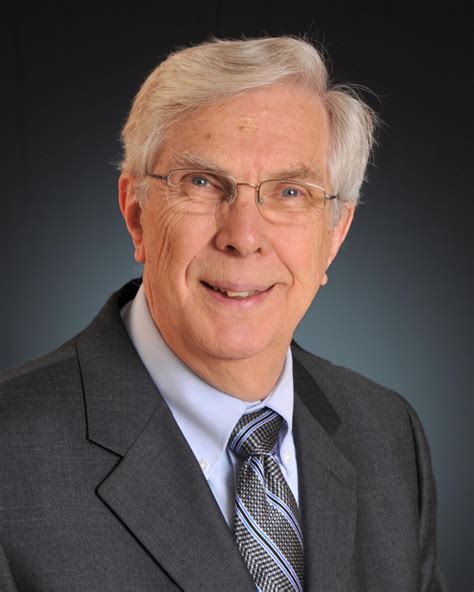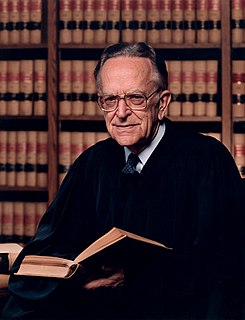Top 1200 Fundamentalist Religion Quotes & Sayings - Page 20
Explore popular Fundamentalist Religion quotes.
Last updated on November 15, 2024.
George W. Bush, another Republican who I probably didn`t agree with on much, right after 9/11 went to a mosque and joined with some Muslim leaders and said that, look, you know, we`re not going to tolerate any backlash. These people who attacked our country are criminals and they`re terrorists, and they might try to profess a religion, but they definitely violate the principles of that religion.
The Christian religion is the religion of our country. From it are derived our nation, on the character of God, on the great moral Governor of the universe. On its doctrines are founded the peculiarities of our free Institutions. From no source has this author drawn more conspicuously than from the sacred Scriptures. From all these extracts from the Bible, I make no apology.
Here in India, it is religion that forms the very core of the national heart. It is the backbone, the bed-rock, the foundation upon which the national edifice has been built. Politics, power, and even intellect form a secondary consideration here. Religion, therefore, is the one consideration in India.
If the believers of the present-day religions would earnestly try to think and act in the spirit of the founders of these religions then no hostility on the basis of religion would exist among the followers of the different faiths. Even the conflicts and the realm of religion would be exposed as insignificant.
Growing up in Britain as a rather loose Jew, the two things that didn't belong together were freedom and religious intensity. In America, they do. The Founding Fathers made a bet that if you didn't force everyone to profess religion in their own particular way, you could protect intellectual freedom, and religion would flourish.
Compassion is not a popular virtue. Very often when I talk to religious people, and mention how important it is that compassion is the key, that it's the sine-qua-non of religion, people look kind of balked, and stubborn sometimes, as much to say, what's the point of having religion if you can't disapprove of other people?
On a personal note, myself, I find religion - I can understand it, I can understand why we have it, as a kind of force on the planet. And I also at the same time think it's ludicrous. My Latin education teaches me that religion comes from religio, which means, "to bind." To bind with rope. And that's all it means.
I have a religion-but you will call it blasphemy. It is that there is a God for the rich man but none for the poor.....Perhaps your religion will sustain you,will feed you-I place no dependence in mine. Our religions are alike, though, in one respect-neither can make a man happy when he is out of luck.
I think religion and science operate in different regimes. Religion is a belief system that tries to give meaning and comprehension to peoples' lives. Science is more about the mechanics of the universe around us and the way in which it works. And I don't think those things have to be mutually exclusive.
Where we get into problems, typically, is when our personal religious faith, or the community of faith that we participate in, tips into a sort of fundamentalist extremism, in which it's not enough for us to believe what we believe, but we start feeling obligated to, you know, hit you over the head because you don't believe the same thing. Or to treat you as somebody who's less than I am.
Organized religion has too often followed the road of other people's institutions. It has made adjustments, compromises, and surrenders to a materialistic civilization for the benefit of material security in spite of occasional twinges of conscience and moral protests. The result has been that today much of organized religion is materialistically solvent but spiritually bankrupt.
At a theoretical level, I think a naturalist approach to religion is just asking questions I'm not interested in. They're perfectly legitimate in their own terms, but they don't address the actual experience of how one or other aspect of religion becomes existentially meaningful to us in our actual lives. The fact that we ourselves are the subject of investigation makes all the difference.
I think that physics is the most important-indeed the only-means we have of finding out the origins and fundamentals of our universe, and this is what interests me most about it. I believe that as science advances religion necessarily recedes, and this is a process I wish to encourage, because I consider that, on the whole, the influence of religion is malign.
So much blood has been shed by the Church because of an omission from the Gospel: “Ye shall be indifferent as to what your neighbor's religion is.” Not merely tolerant of it, but indifferent to it. Divinity is claimed for many religions; but no religion is great enough or divine enough to add that new law to its code.
How can you respect a religion that forces women into polygamous marriages, mutilates their genitals, forbids them to drive cars and subjects them to the humiliation of 'instant' divorce? In fact, none of these practices are Islamic at all. Anyone wishing to understand Islam must first separate the religion from the cultural norms and style of a society.
Real morality is not the product of fearing a spanking. But what does fundamentalist hell-belief encourage? It retards any developing moral judgment by freezing moral maturity right at the most primitive, most childish, stage: the fear of retribution-and fundamentalism threatens one hell of a spanking.
A traditionalist can sometimes be looked at as someone who is a fundamentalist, or they can be looked at as someone with a very strict set of understandings of human nature. But a traditionalist in the Vedic tradition, is one who is open-hearted, who does not judge, there's nothing to judge whatsoever, who understands the basic understanding and karma of all of it, and who basically helps when help is called for.
Despite all the advancements in science, and all things about religion that are disproved it still marches on. The bottom line is that the only real, absolutely provable answers about life and our place in the universe are provided by science, and religion has been holding down science since day one.
That religion, or the duty which we owe to our Creator, and the manner of discharging it, can be directed only by reason and conviction, not by force or violence; and therefore all men are equally entitled to the free exercise of religion, according to the dictates of the conscience; and it is the mutual duty of all to practice Christian forbearance, love, and charity towards each other.
The mixing of government and religion can be a threat to free government, even if no one is forced to participate.... When the government puts its imprimatur on a particular religion, it conveys a message of exclusion to all those who do not adhere to the favored beliefs. A government cannot be premised on the belief that all persons are created equal when it asserts that God prefers some.
Bill Maher is right to condemn religious practices that violate fundamental human rights. Religious communities must do more to counter extremist interpretations of their faith. But failing to recognize that religion is embedded in culture — and making a blanket judgment about the world’s second largest religion — is simply bigotry.
I believe if religion brings you to a sense of peace, that's beautiful. But I also believe if religion's not your thing, that's fine, too, just so long as you're a good person and you find that one thing that leads you to peace and teaches you to have harmony with yourself and other people around you.
The Islamic tradition does show some areas of apparent incompatibility with the goals of women in the West, and Muslims have a long way to go in their attitudes towards women. But blaming the religion is again to express an ignorance both of the religion and of the historical struggle for equality of women in Muslim societies.
The moral principles and precepts contained in the Scriptures ought to form the basis of all our civil constitutions and laws . . . The religion which has introduced civil liberty is the religion of Christ and his Apostles . . . This is genuine Christianity and to this we owe our free constitutions of government.
In church I was told that if I so much as smoked a cigarette or tasted alcohol, I’d be damned in hell for all eternity... it didn’t take long for me to start thinking that sounded all wrong... I didn’t cotton to the idea that your religion should be flaunted to other people. Your religion is for you, and is best kept close to your heart.
Where freedom of religion has been attacked, the attack has come from sources opposed to democracy. Where democracy has been overthrown, the spirit of free worship has disappeared. And where religion and democracy have vanished, good faith and reason in international affairs have given way to strident ambition and brute force.

